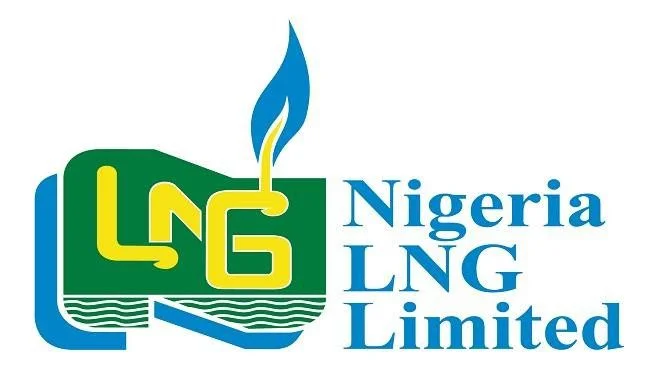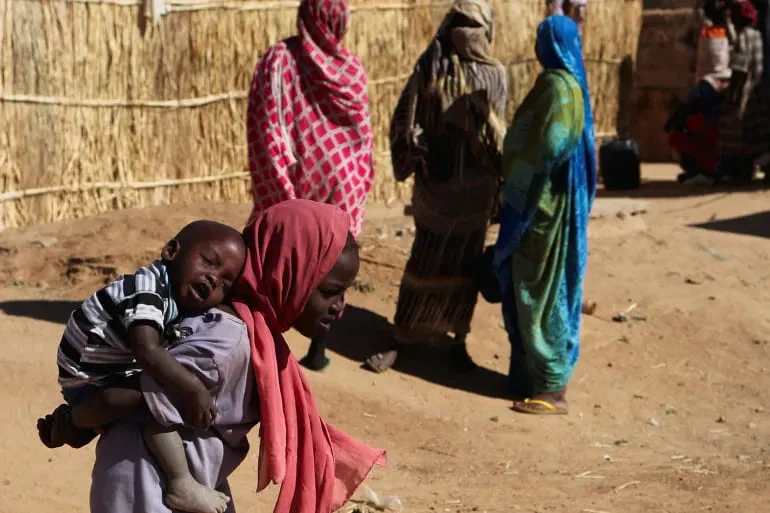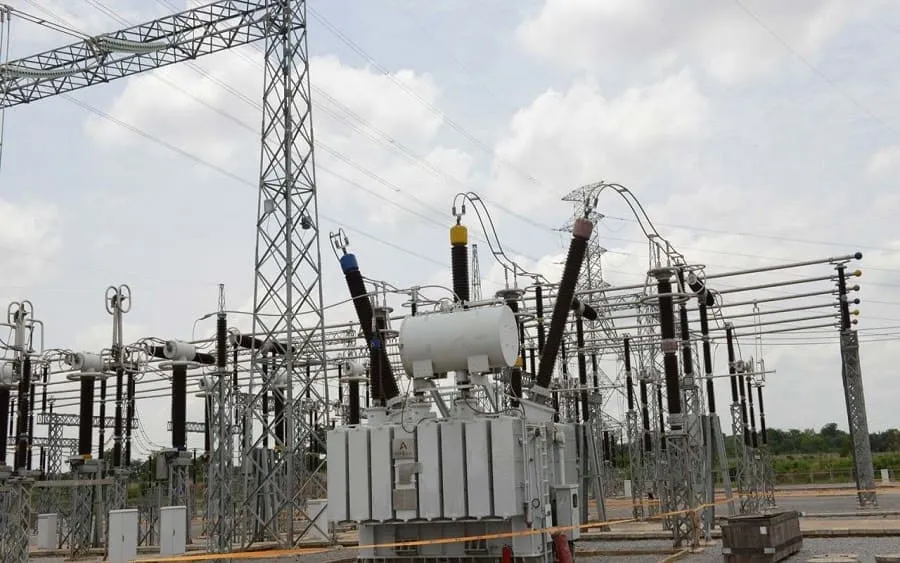A major Nigerian energy company, Nigeria LNG Limited (NLNG), is facing serious challenges in fulfilling its commitments to deliver natural gas.
Recent deadly flooding in the region has severely disrupted its operations, sparking concerns about whether Nigeria, Africa’s largest economy, can meet growing local and international energy demands, especially during the ongoing energy crisis triggered by Russia’s war in Ukraine.
This week, NLNG declared a “force majeure,” indicating that it is currently unable to meet its contractual obligations to supply natural gas. This fuel is crucial worldwide for generating electricity, heating homes, and running factories.
The company explained that the flooding has caused a significant disruption in the gas supply, potentially affecting about 3.8% of the global monthly supply and leading to higher prices, according to energy research firm Rystad Energy.
NLNG’s spokesperson, Andy Odeh, shared on Thursday that the company’s plant remains operational but at a reduced capacity due to the limited gas supply from its upstream suppliers. He added that NLNG is collaborating with key stakeholders to minimize the impact on product deliveries, though he did not provide specific details about exports.
NLNG is a joint venture, with the Nigerian government as the majority shareholder, alongside global energy giants such as Shell and Italy’s Eni. The company has the capacity to produce over 20 million tons of liquefied natural gas (LNG) annually, making it Nigeria’s largest gas producer. However, its production capacity had already been reduced to 68% due to issues like oil theft and pipeline vandalism.
With Europe grappling with an energy crisis due to Russia’s reduced natural gas flows amid the war in Ukraine, Nigeria, along with other African countries, had committed to helping meet the European Union’s increased gas needs.
Nigeria possesses the largest natural gas reserves in Africa, but its ability to meet these demands is now being questioned, even as European gas storage levels have reached 92% ahead of the winter season and gas prices have recently declined.
The flooding in Nigeria this year, the worst in a decade, has caused significant devastation, killing more than 600 people and displacing 1.3 million others. Toyin Akinosho, a Nigerian energy consultant, noted that the floods have worsened an already difficult situation for the national gas company.
The floodwaters have also submerged many riverside communities in the oil-rich Niger Delta region, where many of Nigeria’s crude oil facilities are located, threatening the operations of both local and international oil companies.
Nigeria, a member of the OPEC oil cartel, is a key producer of crude oil for global markets.
Akinosho expressed doubts about how quickly the disruption could be resolved to enable Nigeria to resume gas shipments to the European Union, which relies on Nigeria for 14% of its LNG imports, as well as to other customers in North America, the Middle East, and Asia.
Analysts are concerned that if the gas supply disruption continues, it could lead to a further decline in government revenue at a time when Nigeria is already facing a financial crunch due to years of declining crude oil production.
Olufola Wusu, an oil and gas expert who was involved in reviewing Nigeria’s national gas policy, warned that the force majeure could further tighten the LNG markets ahead of winter, when gas demand typically increases.
Wusu added that if Nigeria struggles to meet local demand, it is unlikely that there will be enough gas available for export, which might force some customers to seek LNG from other suppliers.
A spokesperson for Timipre Sylva, Nigeria’s petroleum minister, declined to comment on the situation.























